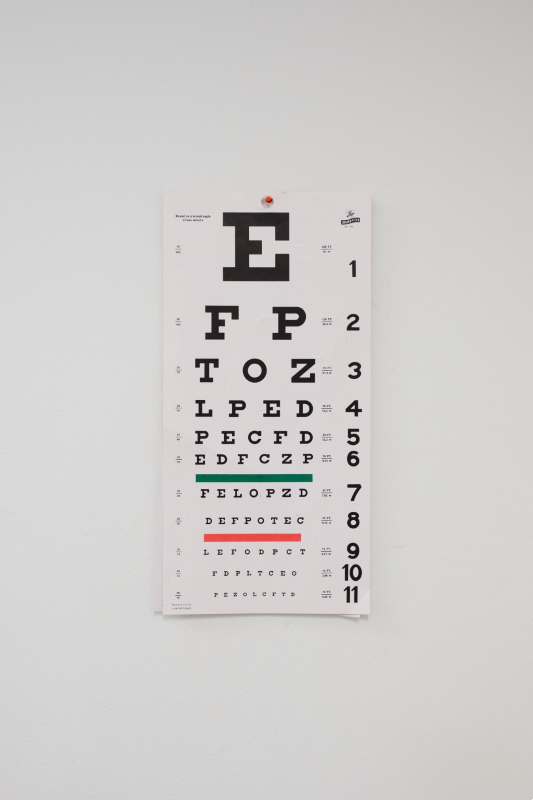
Owners looking to incorporate their professional practice in the state of Texas have a couple different options to choose from. Most states allow the formation of professional LLCs (PLLCs) and professional corporations (PCs). In addition to these two popular types of professional entitles, certain owners can also form professional associations (PAs) under Texas law.
Each of these entities is considered a properly formed structure, capable of shielding owners from personal liability for the obligations and debts of their business. This is called “limited liability” and while all three structures provide these highly-coveted protections, they exhibit significant differences when it comes to ownership structure, taxation, and operational flexibility.
Determining the most appropriate entity for your particular business is an important, yet difficult decision to make. For one, not every occupation will have their option among the three aforementioned business structures. In-fact, only select occupations can form certain entities. For example, the Texas legislator allows 60 different occupations to form PCs and 70 different occupations to form PLLCs. However, only about 20 different professions can form PAs. These rules are outlined in the Texas Business Organizations Code (BOC), a keystone piece of legislation that underlies many of the state’s rules regarding professional entities.
Professional Associations Defined in the BOC
Most U.S. states allow owners to form PLLCs and/or PCs depending on the occupation of the individual. On the other hand, very few states allow owners to form PAs. This last point, however, needs some explanation; the exact definition of a PA depends on the state in which it’s used. Importantly, the majority of states in the U.S. use the PA and PC designations interchangeably. For instance, in a state like Tennessee, a private practice might incorporate into a PC, but its name could contain the words “Professional Association”, “Professional Associates”, or “P.A.”. This is because in Tennessee (as in most states) PCs and PAs are indeed the same thing.
However in a handful of states—such as Texas—a professional association is an entirely separate type of professional business entity. Although much of a PA’s legal context is based in Texas corporate law, they’re not technically true corporations, rendering them similar to PCs but technically distinct.
The reasoning for this is defined in the BOC: the PA/PC discrepancy is rooted in the idea that a doctor-to-patient relationship shouldn’t be performed through a “purely corporate entity”. Notably, this indicates that occupations capable of forming PAs are exclusively of medical nature. Remember, in Texas, 60 different occupations are allowed to form PCs and 70 occupations can form PLLCs. These include medical professions as well as non-medical occupations like architects, lawyers, and various kinds of financial professionals. However, only 22 occupations can form PAs. Notably, these are strictly medical professions, namely doctors of medicine, doctors of osteopathy, podiatrists, dentists, optometrists, psychiatric nurses, orthopedics, psychologists, radiologists, chiropractors, veterinarians, and various types of mental health professionals and councilors. When these types of medical professionals want to form a professional entity in the state of Texas, perhaps the most important decision is “PA vs. PLLC”.
PA or PLLC: which is Best?
Choosing between a PA and a PLLC is a challenge, as one structure isn’t necessarily “better” or “optimal”. Rather, the most appropriate type of entity will depend on your particular operation. In these cases, an experienced legal professional can pay dividends. While both entities will accomplish the primary goal of providing liability protections for owners, there are notable differences that must be considered before deciding upon one or the other:
Professional LLCs
A PLLC is a type of incorporated structure that provides limited liability protections for an owner or group of owners. It’s principally organized by its owners—who in this context, are also called members. These members can either be licensed professionals or other professional entities. PLLCs have relatively flexible ownership structures compared to other types of professional entities, such as PCs and PAs. Per Texas tax code, PLLCs are considered pass-through entities, meaning that owners can pass any earnings of their business through to their personal returns, thereby avoiding corporate taxation.
Professional Associations
Compared to PLLCs, PAs are the older and less flexible entity. In many ways, PAs run parallel to PCs; both share a similar ownership structure, both are operationally more rigid, and both adhere to similar provisions under the BOC. Likewise, PAs are subject to more rules and regulations then PLLCs. They’re required to keep business-related minutes and must also draft and adhere to company bylaws. From a tax perspective, PAs are treated as regular corporations, but can elect for pass-through taxation by submitting required documentation.
The bottom line for business owners: it’s important to understand how Texas legislation treats various professional occupations, particularly when it comes to PAs. For owners interested in incorporating their professional practice, it’s wise to read or review the relevant code. Better yet, consult a qualified attorney to help explain the finer details of the BOC.
The “PLLC vs. PA” decision is not one to take lightly. Improper incorporation for your particular business (ie. incorporating as an inappropriate or suboptimal structure) often results in a significant loss of both time and money for owners. Thus before incorporating, be sure to speak to an experienced professional.
 February 13, 2020
February 13, 2020

